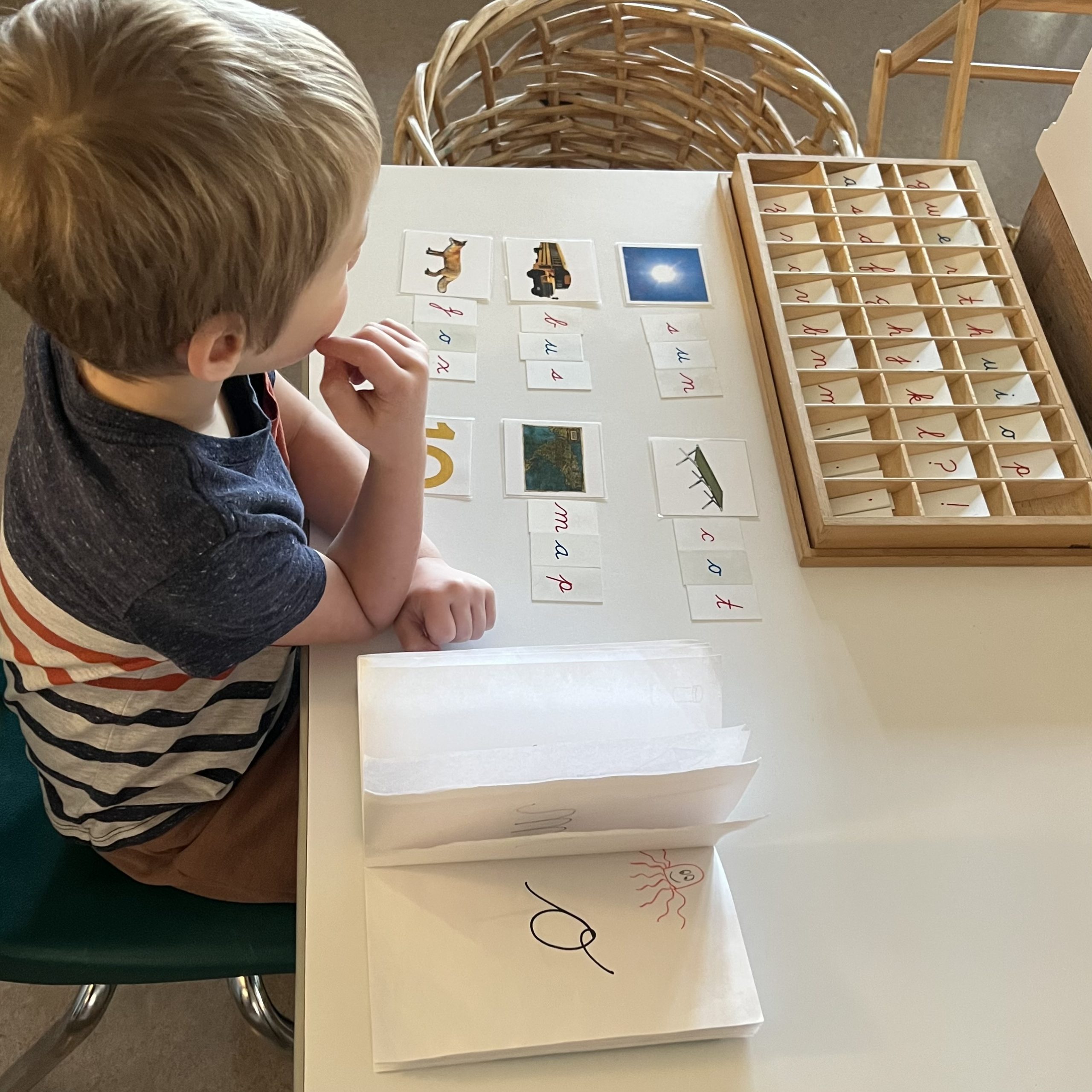By Richard Gunderman, MD, PhD
The story of one of the most remarkable students of human learning in the 20th century is not widely known. This is a pity, partly because the story itself is so rich. She became one of the first women in her nation to graduate from medical school, began her educational career working with disabled students, refused to bow to the will of a dictator who originally supported her (Benito Mussolini), and became one of the most influential educators of the 20th century. Her name was Maria Montessori.
Born in Italy in 1870, Montessori performed well as a student. She defied her father and entered an all-male technical school, where she studied engineering and mathematics and graduated in 1890. Again bucking gender norms, she then enrolled in medical school. As a woman, she was forced to enter classrooms only after her male colleagues had been seated. She could participate in anatomy dissections only after hours, when the other students had left. Despite these obstacles, she graduated in 1896 with honors.
Montessori began working with disabled children, serving as an advocate for their rights and the rights of their families. She helped to form a league to protect mentally disabled children, eventually joining the faculty of a school designed to train fellow teachers. She organized the education of low-income children in Rome. Known as Casa dei Bambini (“Children’s House”), it was here that Montessori began to develop and apply her educational principles.
Montessori observed that children required no direction from teachers, often becoming spontaneously absorbed in play and learning. She determined that
children were intrinsically motivated to learn, which was a great source of joy to them. Left largely to their own devices, they could master a variety of activities, such as conversation, reading and writing, and artistic expression.
She wrote: “What is the greatest sign of success of a teacher? The children are now working as if I did not exist.”
In 1909 Montessori began offering her first training courses on her methods for teachers. Soon she found herself so busy focusing on her educational approach that she gave up the practice of medicine entirely. Within a few years, Montessori schools sprouted around the world, from Western Europe to the Indian subcontinent, the Far East, and America. In addition to offering courses, she published numerous books and manuals that outlined her approach.
Montessori moved to Spain in 1915 but traveled widely. Initially popular with Italian dictator Benito Mussolini and his Fascist party, by 1930 she fell out of favor — she refused to allow her schools to participate in promoting the ruling party’s ideology. She believed that education should promote peace.
Montessori died in the Netherlands in 1952 at the age of 81. Today there are approximately 5,000 US Montessori schools, and similar programs can be found in over 140 countries worldwide. A remarkably diverse group of notable people are Montessori alumni, including chef Julia Child, Google founders Larry Page and Sergei Brin, Amazon founder Jeff Bezos, basketball player Stephen Curry, and actor George Clooney.
Montessori’s story offers many lessons: Don’t let stereotypes based in arbitrary characteristics such as gender stand in your way. Base everything you do on a higher commitment. Seek out the best teachers and collaborators. And finally, regard your mission not as self-promotion but educating others about better ways to be human.
Richard Gunderman, MD, PhD, is Chancellor’s Professor of Radiology, Pediatrics, Medical Education, Philosophy, Liberal Arts, Philanthropy, and Medical Humanities and Health Studies at Indiana University. He was a Chancellor Scholar of the Federal Republic of Germany and received an honorary Doctorate of Humane Letters at Northwestern University.
He is a ten-time recipient of the Indiana University Trustees Teaching Award, and was named the 2008 Outstanding Educator by the Radiological Society of North America, the 2011 American Roentgen Ray Society Berlin Scholar in Professionalism, and the 2012 Distinguished Educator of the American Roentgen Ray Society. In 2012, he received the Alpha Omega Alpha Robert J. Glaser Award for Teaching Excellence, the top teaching award from the Association of American Medical Colleges. In 2013, he was the Spinoza Professor at the University of Amsterdam. Dr. Gunderman is the author of more than 700 articles and has published 12 books.







